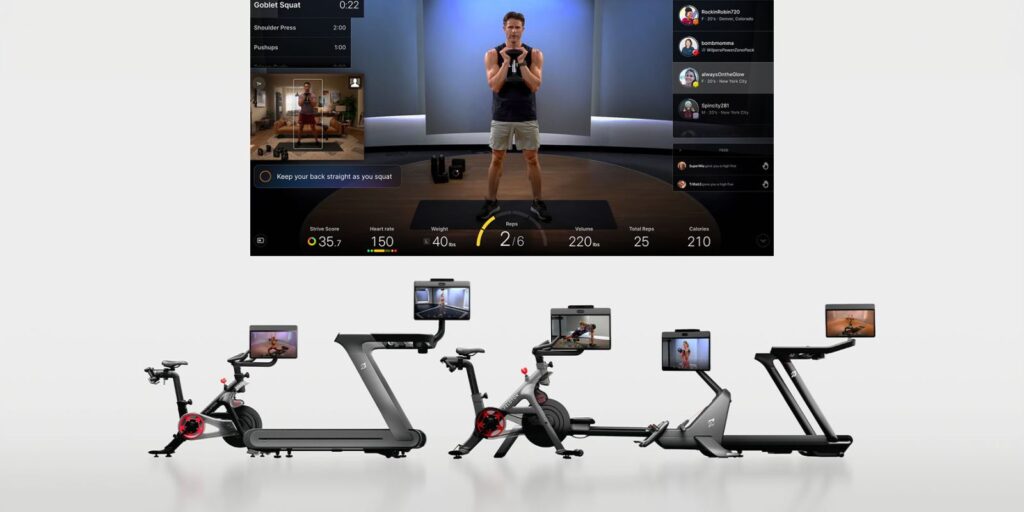
Peloton has announced a significant overhaul of its hardware lineup, introducing advanced AI features aimed primarily at commercial users. This shift comes as the fitness technology company aims to regain momentum after experiencing a decline in popularity following its pandemic boom. With a focus on providing a comprehensive cross-training solution, the new offerings are designed for smaller spaces, catering to hotels and corporate gyms.
The latest products include Peloton’s first commercial treadmill, enhancing the company’s appeal to fitness facilities looking to upgrade their equipment. By focusing on the commercial market, Peloton is shifting away from its previous strategy that targeted affluent consumers, highlighting a strategic pivot in response to market demands.
Artificial Intelligence is now a central component of Peloton’s new hardware, reflecting industry trends where AI integration is becoming essential for modern fitness solutions. The incorporation of AI aims to personalize the user experience, offering tailored workouts and real-time feedback, thereby enhancing engagement and effectiveness for users in commercial settings.
While the pandemic initially propelled Peloton to new heights, the company has faced challenges in sustaining its growth. The renewed focus on commercial partnerships and advanced technology could position Peloton favorably in a competitive market. The move aligns with the growing demand for smart fitness solutions, as gyms and hotels seek to provide cutting-edge amenities to their patrons.
As Peloton develops its new hardware, it also keeps an eye on potential collaborations, including earlier speculation regarding an acquisition by tech giant Apple. Although no official announcements have been made regarding such a partnership, the synergy between a fitness-focused company and a technology leader could create significant opportunities.
In summary, Peloton’s revamped hardware lineup aims to address previous shortcomings by embracing AI technology and shifting its focus to commercial clients. This strategic direction may not only reinvigorate the brand but also enhance its offerings in a rapidly evolving fitness landscape. As the company moves forward, it will be crucial to monitor its performance in the commercial sector and the potential impact of these changes on its overall market position.






